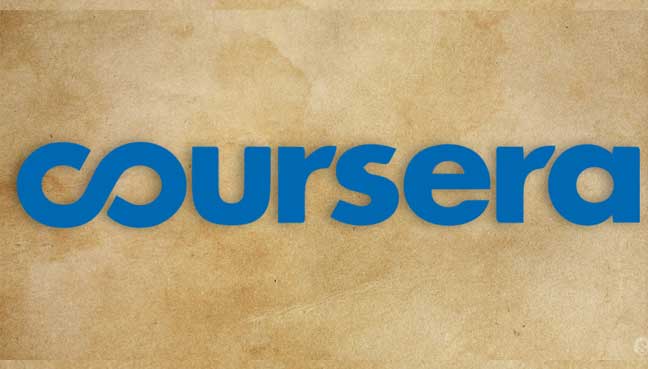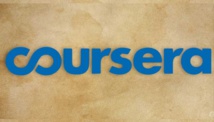The launch marked Coursera's official entry into a multibillion-dollar market for online learning at businesses.
Companies signed up with Coursera for Business at launch included L'Oreal, Boston Consulting Group and Axis Bank in India.
"Our goal is to touch 100 percent of L'Oreal's employees every year whether they work in our corporate offices or one of our factories," said Laurent Reich, governance and digital learning director at the French cosmetics colossus.
"We love that the Coursera platform will allow us to provide a breadth of high quality programs and a learning experience that our employees can self-select into to drive their own personal development."
The online courses run a broad gamut from liberal arts and people management to artificial intelligence, big data and software development.
"You can really be trained to do something; it is not just a video giving you an insight," Coursera chief executive Rick Levin said of what the learning platform has to offer.
"Employers recognize that in today's workplace, industry-specific skills can go from relevant to obsolete within months."
More than 21 million people have registered globally for Coursera online classes, which are free. Coursera charges for education certificates, which Levin said were the second most cited credentials on career-focused social network LinkedIn.
Coursera for Business is a paid product, with companies charged per user, usually $79.
Coursera sprang from on a vision in which anyone, no matter how destitute, can expand their minds and prospects with lessons from the world's top universities.
Schools offer online versions of classes at Coursera.org, a website launched by two Stanford University professors who told AFP at the time that they saw education as a right, not a privilege.
Coursera backers include the investment arm of the World Bank and Russian venture capitalist Yuri Milner.
----------------------------------------------------------------------------------------------------------------
Companies signed up with Coursera for Business at launch included L'Oreal, Boston Consulting Group and Axis Bank in India.
"Our goal is to touch 100 percent of L'Oreal's employees every year whether they work in our corporate offices or one of our factories," said Laurent Reich, governance and digital learning director at the French cosmetics colossus.
"We love that the Coursera platform will allow us to provide a breadth of high quality programs and a learning experience that our employees can self-select into to drive their own personal development."
The online courses run a broad gamut from liberal arts and people management to artificial intelligence, big data and software development.
"You can really be trained to do something; it is not just a video giving you an insight," Coursera chief executive Rick Levin said of what the learning platform has to offer.
"Employers recognize that in today's workplace, industry-specific skills can go from relevant to obsolete within months."
More than 21 million people have registered globally for Coursera online classes, which are free. Coursera charges for education certificates, which Levin said were the second most cited credentials on career-focused social network LinkedIn.
Coursera for Business is a paid product, with companies charged per user, usually $79.
Coursera sprang from on a vision in which anyone, no matter how destitute, can expand their minds and prospects with lessons from the world's top universities.
Schools offer online versions of classes at Coursera.org, a website launched by two Stanford University professors who told AFP at the time that they saw education as a right, not a privilege.
Coursera backers include the investment arm of the World Bank and Russian venture capitalist Yuri Milner.
----------------------------------------------------------------------------------------------------------------









 Home
Home Politics
Politics











